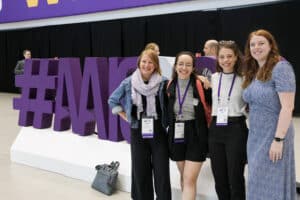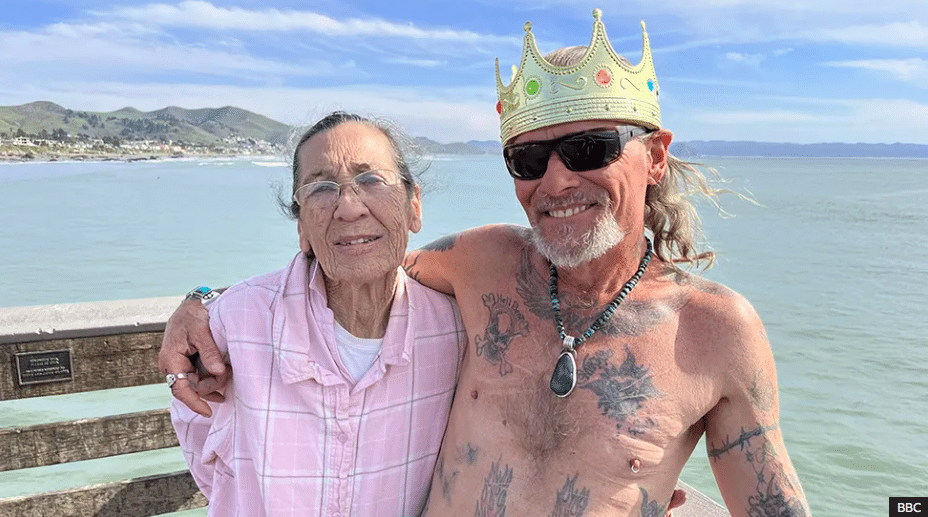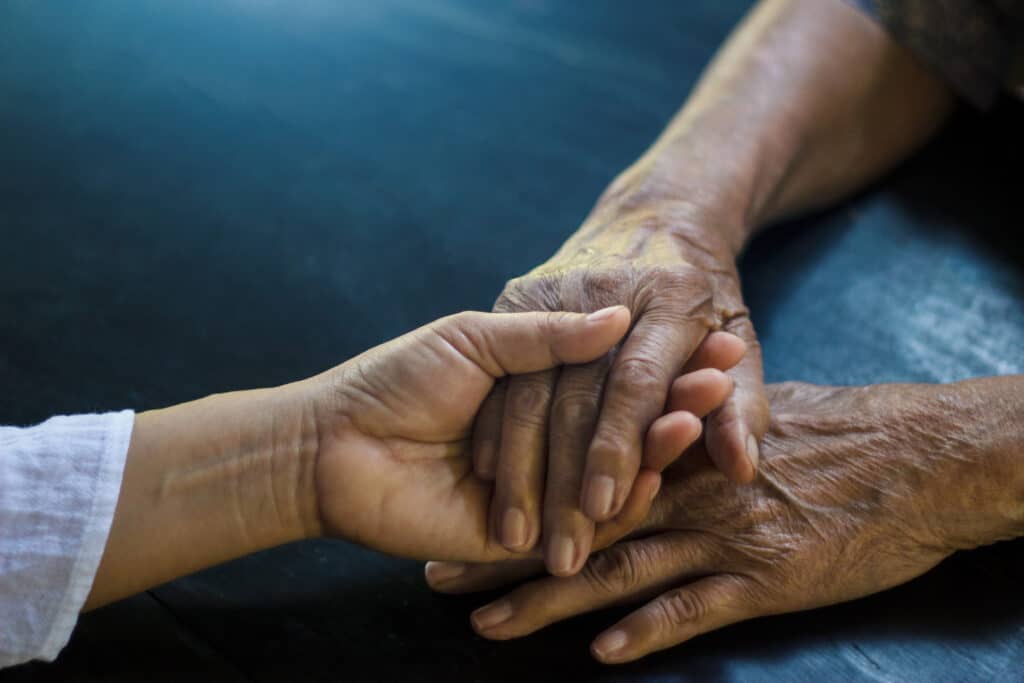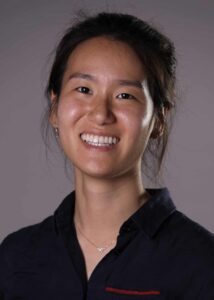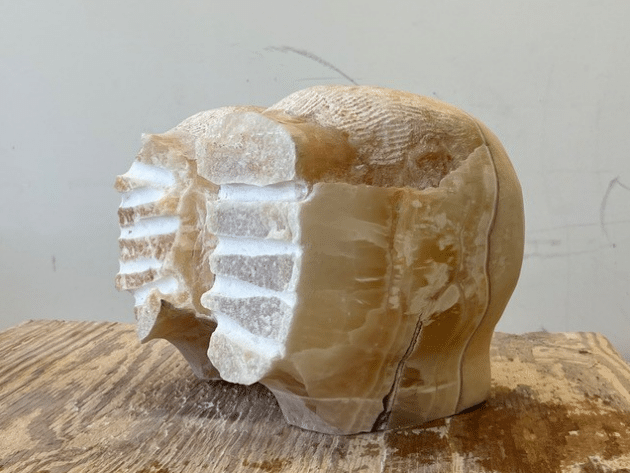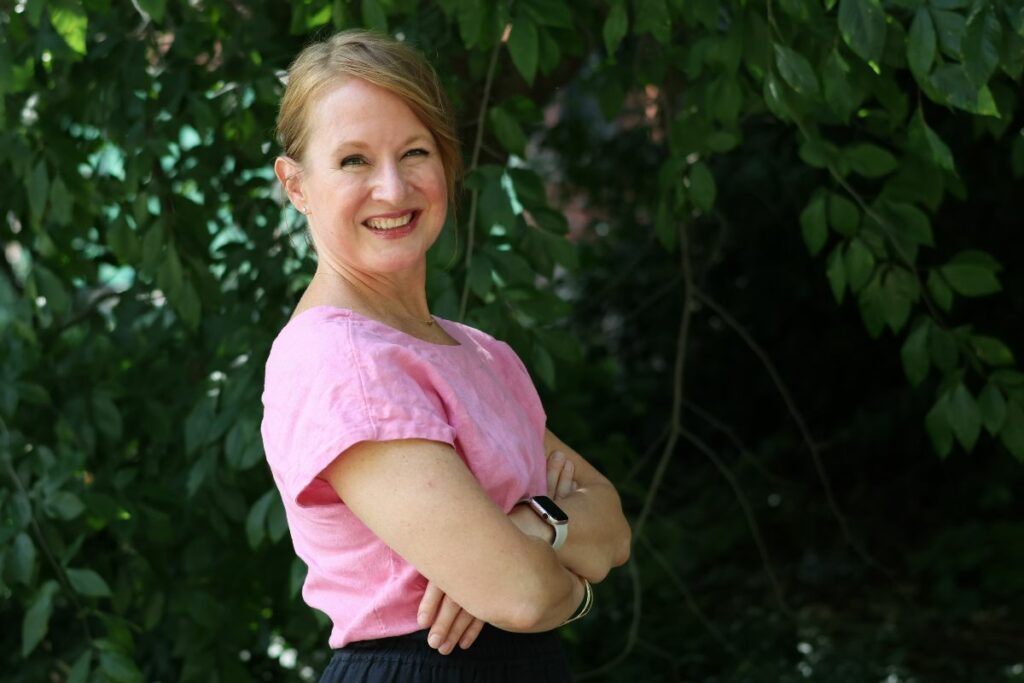
Penn Memory Center Executive Director Felicia Greenfield
Greetings, and Happy New Year!
During this time of year when we pause and reflect, it’s important to embrace whatever journey we are on, to cherish what’s important, and to be open to what lies ahead. The turn of the new year celebrates renewal, and it is in that spirit that I announce my next chapter.
After 20 years of service at Penn, I am leaving to start my own therapy and consultation service. I’ve devoted decades to supporting families living with Alzheimer’s disease and other dementias at the Penn Memory Center. Now, I will bring my experience to broader audiences through my private practice. I am now accepting new clients. If you or someone you know can benefit from my services, please reach out. My contact information is below.
